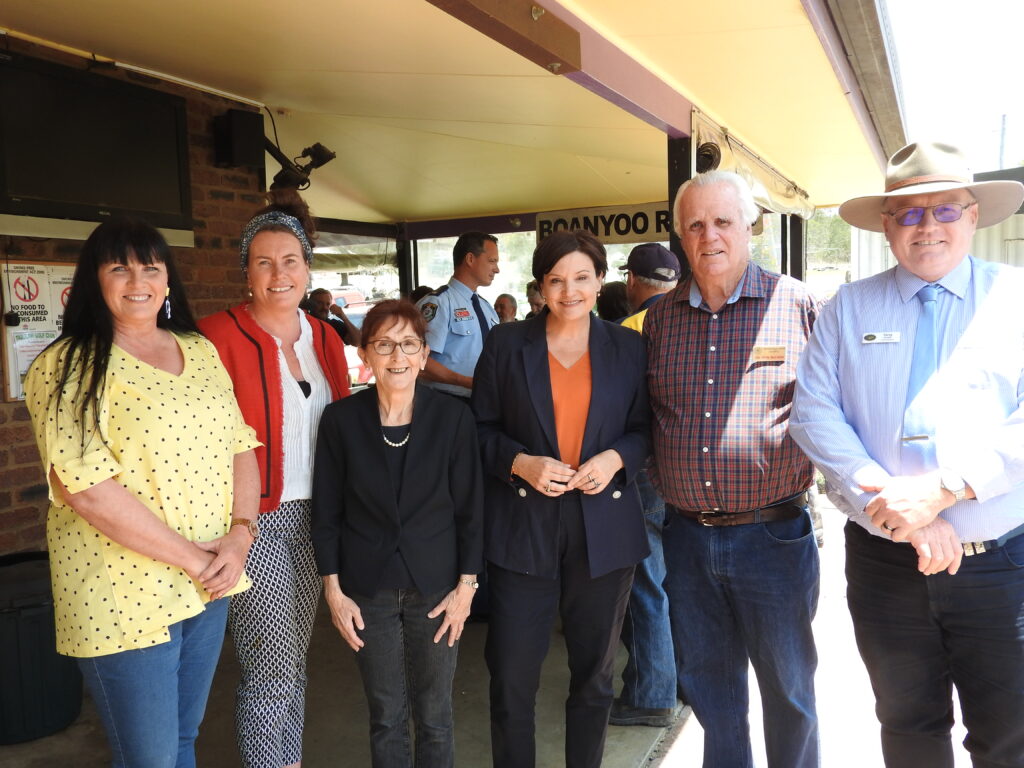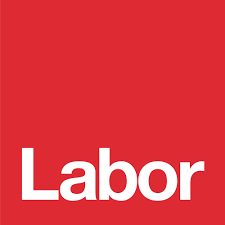| MEDIA RELEASE DATE: THURSDAY 14 NOVEMBER 2019 TRISH DOYLE MP SHADOW MINISTER FOR EMERGENCY SERVICES After three days in Parliament denying that her government has cut frontline firefighter funding, the Premier must now come clean and admit to the successive cuts and funding shortfalls that plague the emergency services sector in New South Wales. On Tuesday, the Premier and her Emergency Services Minister both told Parliament during Question Time that the Emergency Services agencies had received “record funding”. However, stony faced Government Members were left dumbstruck on Wednesday evening as Opposition MPs read from the June 2019 Budget papers and revealed a series of funding cuts and shortfalls which have hobbled Fire and Rescue NSW and the Rural Fire Service in the lead up to bushfire season. “At the height of a bushfire emergency, Gladys Berejiklian has used the political cover of an unfolding tragedy to misrepresent her record on emergency services,” Trish Doyle MP said. At Fire and Rescue NSW, funding for front line staff has been slashed; Employee Related Operating Expenses within Fire and Rescue NSW was cut by $13.1 million while Other Operating Expenses at Fire and Rescue was cut by $10.25 million. Letters released by the Fire Brigade Employees Union show that firefighters have been subject to the Labour Expense Cap policy to cut staff costs in all public sector agencies by 1.2% each year – despite the Government promising that public sector cuts would not impact frontline staff. “The Liberals promised that frontline staff would never be impacted by their budget cuts, but while teachers, nurses and police are exempt from the Labour Expense Cap, our firefighters must find more than $20 million a year to cut from their already lean budgets,” Ms Doyle said. In 2016, the Labour Expense Cap was confirmed by former Commissioner Greg Mullins as having reached $22.3 million that year. The 1.2% Labour Expense Cap policy remains in place. Meanwhile, the Rural Fire Service’s budget papers show ‘Other Operating Expenses’ have been cut by $17.4 million. The same Budget Papers also show that there is a funding shortfall this year for the Rural Fire Service, after expected costs are deducted from expected revenue, of more than $49 million. This comes at the same time that the RFS has spent the last two months trying to fill some 175 vacancies within the professional, paid staff of the organisation, including Area Commanders, Fire Behavioural Specialists, Fire Mitigation Coordinators, Aviation Supervisors and Operations Managers. The full list of Vacancies is available here. “The Government have been pointing to one-off capital expenditure measures, like the hire-purchase of a new aircraft, to make the claim that the Rural Fire Service has never had it so good but the fact is they are also cutting back on the recurring funding that is necessary to actually run a frontline emergency service. That is the simple truth of the matter,” Ms Doyle said. |
Trish Doyle MP, “Premier must come clean on cuts to Firefighters”
After denying that her government has cut frontline firefighter funding, the Premier must now come clean and admit to the successive cuts and funding shortfalls that plague the emergency services sector in New South Wales.

News categories
- Columns (10)
- Comments (15)
- COVID-19 Update (2)
- Drake Village Voice (1)
- Media Releases (374)
- NSW Labor Media Releases (10)
- NSW Parliamentary Labor Bulletin (1)
- Petition (1)
- Richmond Valley Independent (1)
- Service NSW (1)
- Speeches (1)
- Speed Zone Review (4)
- Tenterfield Star (1)
- The Lismore Echo (3)
- The Nimbin Good Times (3)
- The Northern Rivers Times (1)
- The Talking Turkey (1)
- The Tweed Valley Weekly (1)
- Tweed Valley Independent (1)
- Uncategorized (16)
Share this page
Share on facebook
Share on twitter
Share on linkedin
